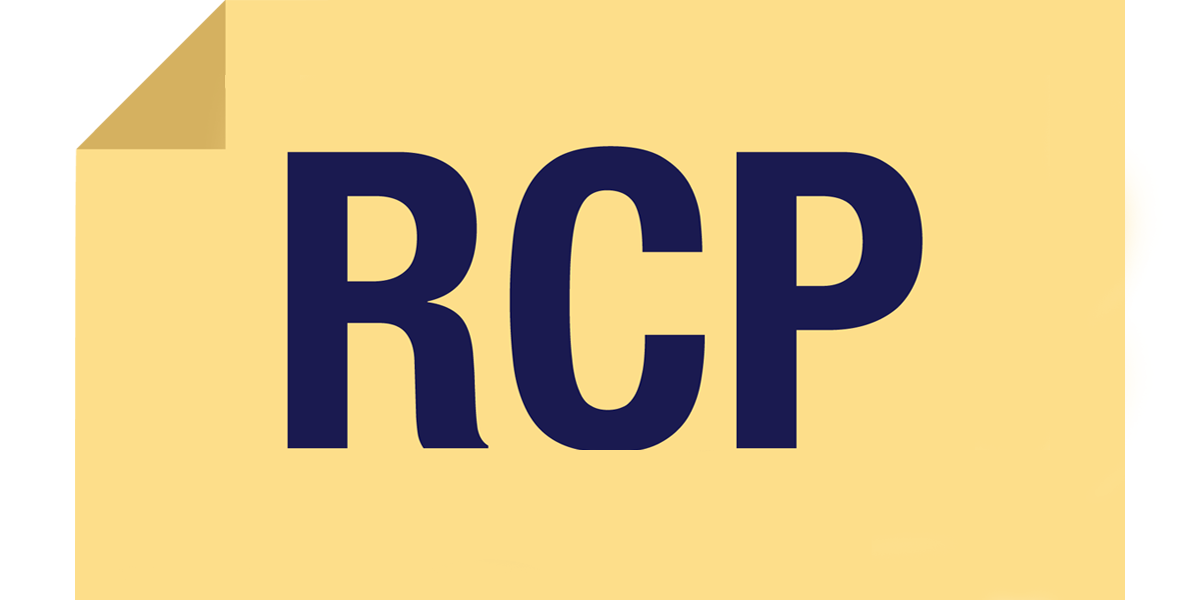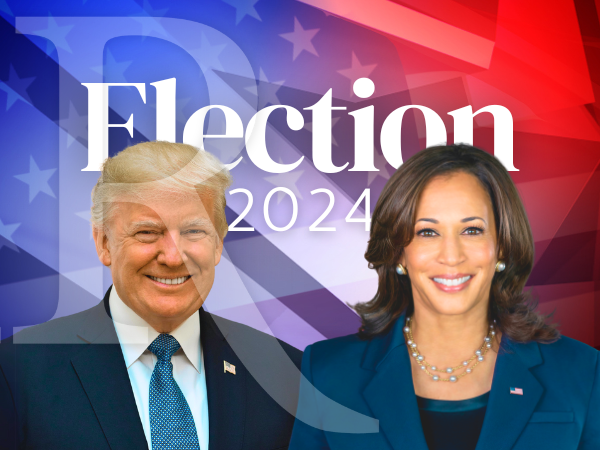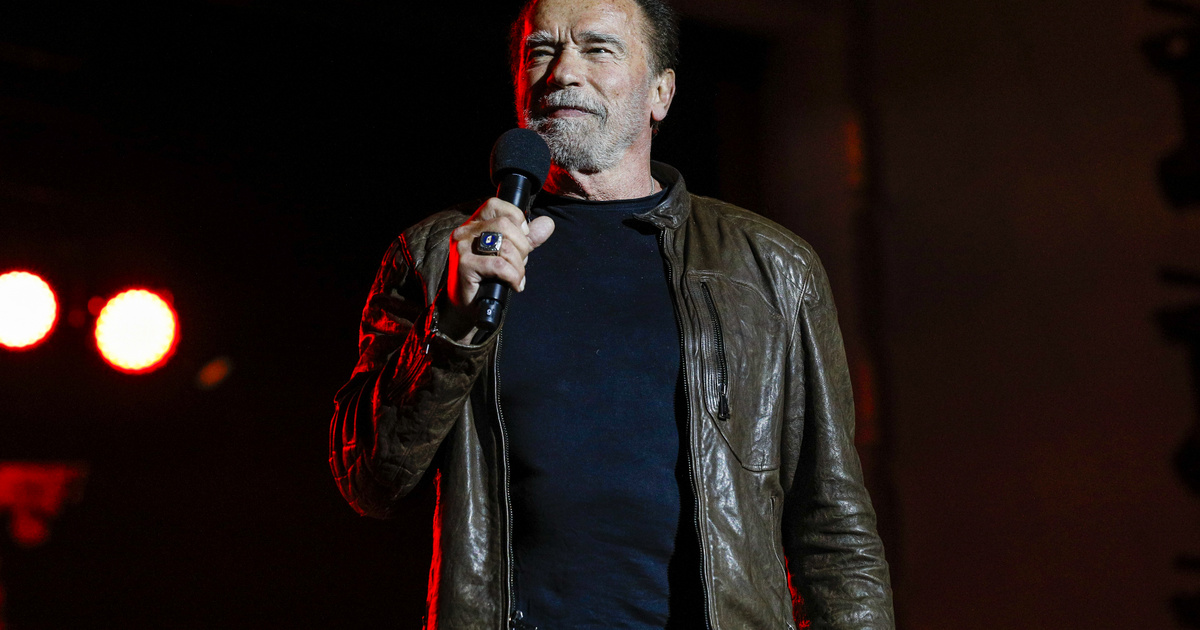Amugy komoly kutatasok is nyiltan elemzik, hogy mire lett raallitva 1990 utan a NED, a "spyless coups" azaz kemek nelkuli puccsok eleresere - van nekem errol egy regebbi pdfem ezugyben, meg online is elerheto (de csak ha van megfelelo pl. egyetemi logined):
The failure of a hardline coup attempt in the Soviet Union in August 1991 spelled the end of Communist Party (CPSU) rule in the USSR and left the Soviet st

academic.oup.com
A lenyeg kb. az elso ket oldalon elhangzik:
KATE GEOGHEGAN
A Policy in Tension: The National Endowment for Democracy and the U.S. Response to the Collapse of the Soviet Union
The failure of a hardline coup attempt in the Soviet Union in August 1991 spelled the end of Communist Party (CPSU) rule in the USSR and left the Soviet state teetering on the brink of dissolution. In a September 1991 article in the Washington Post, David Ignatius attributed the coup’s defeat—as well as the crumbling of Soviet-style communist regimes across Eastern Europe in 1989—in part to a new weapon in the U.S. foreign policy arsenal: independent, overt democracy aid. “[T]he old era of covert action,” Ignatius proclaimed, “is dead.” Instead, over the past decade, a new “network” of private democracy organizations based in the United States had been “doing in public what the CIA used to do” covertly. By providing assistance to anti-communist groups in
the Soviet bloc, he argued, these organizations had played a key role in nurturing the growth of democratic opposition movements across the Soviet empire.1
Ignatius’s analysis illuminates an important but understudied development in the final years of the Cold War: the rise of private democracy organizations as tools of U.S. foreign policy.2
Most accounts of the influence of independent actors in U.S. Soviet relations during this period focus on the role of transnational human rights and peace networks in ending the Cold War by fostering “new thinking” in the Soviet Union and the amelioration of superpower tensions.3
Less attention has been paid to analyzing the nature and impact of efforts by newly established independent democracy organizations based in the United States to make inroads in the increasingly accessible USSR.4
This article addresses this oversight by examining the efforts of the National Endowment for Democracy (NED) to promote democracy in the Soviet Union in the years preceding its December 1991 collapse. Dubbed by Ignatius the “sugar daddy of overt operations,” the Endowment was among the most prominent of the newly created democracy organizations.5
An independent, congressionally funded “quasi-autonomous non-governmental organization,” the NED was created in 1983 to staunch the spread of communism globally by assisting democratic non-governmental forces in hostile communist and friendly authoritarian regimes.6
It was founded on the notion that—in contrast to the discredited covert CIA operations of the early Cold War—its transparency and independence would enable it to promote democracy abroad without inviting backlash against the U.S. government or damaging official U.S. relationships.7
In particular, Reagan administration officials reasoned, these features of the Endowment would enable the United States to conduct a “two track” strategy toward the Soviet Union, “support[ing] democratic forces in the Soviet world . . . while continuing official state-to-state relations and negotiations.”8
While new scholarship has emerged on the institutional origins of the NED, few historians have analyzed in depth the Endowment’s actual activities or the relationship of those activities to official U.S. policy.9 As a result, our understanding of how the NED’s establishment—and the privatization of de mocracy aid more generally—affected the practice of U.S. foreign policy and altered the strategic role of democracy promotion within that policy is lacking.
This is true particularly regarding the U.S. response to the collapse of the Soviet Union. Neither historians of the Endowment nor historians of U.S.-Soviet relations have investigated the NED’s role in the USSR in the late 1980s and early 1990s.10
Accounts of the U.S. response to the Soviet collapse focus instead on the George H. W. Bush administration, emphasizing its restrained reaction to Soviet nationalism. These works correctly assert that Bush and his Secretary of State James Baker did not seek to promote—and in some cases worked to prevent—the dissolution of the USSR.11
However, they overlook the fact that the Bush administration did not have a monopoly on U.S. foreign policy. As a result, the current historical picture of U.S. Soviet policy is incomplete.
1. David Ignatius, “Innocence Abroad: The New World of Spyless Coups,” Washington Post, September 22, 1991, C1.
2. Scholars are now exploring in more depth the rise of what Sarah Sunn Bush coined the U.S. “democracy establishment”—an overt network of quasi- and nongovernmental organizations, foundations, and government agencies devoted to dispensing democracy assistance that emerged in response to the global “Third Wave” of democratization and became an entrenched feature of U.S. foreign policy after the Cold War. For accounts of the rise of this “establishment” see Bush, The Taming of Democracy Assistance: Why Democracy Promotion Does Not Confront Dictators, (Cambridge, UK, 2015); Thomas Carothers, Aiding Democracy Abroad: The Learning Curve (Washington, DC, 1999). On U.S. support for “Third Wave” “transitions,” see Francisco Jimenez, Lorenzo Escalonilla, and Nicholas Cull, eds., U.S. Public Diplomacy and Democratization in Spain: Selling Democracy? (New York, 2015). On the post-1991 institutionalization and role of U.S. democracy promotion, see Nicholas Bouchet, Democracy Promotion as U.S. Foreign Policy: Bill Clinton and Democratic Enlargement (New York, 2015); Lincoln A. Mitchell, The Democracy Promotion Paradox (Washington, DC, 2016). On the post-Cold War transnational “diffusion” of democracy promotion, see Tsveta Petrova, From Solidarity to Geopolitics: Support for Democracy Among Postcommunist States (New York, 2014).
3. On East-West networks and the rise of “new thinking,” see Robert English, Russia and the Idea of the West (New York, 2000); Matthew Evangelista, Unarmed Forces: The Transnational Movement to End the Cold War (Ithaca, NY, 1999); James Voorhees, Dialogue Sustained: The Multilevel Peace Process and the Dartmouth Conference (Washington, DC, 2002); Sarah Snyder, Human Rights Activism and the End of the Cold War: A Transnational History of the Helsinki Network (New York, 2011).
4. An exception is Michael Kauffman, Soros: The Life and Times of a Messianic Billionaire (New York, 2002), which discusses George Soros’s efforts to establish a foundation in the USSR.
5. Ignatius, “Innocence Abroad,” C1.
6. David Lowe, “Idea to Reality: NED at 30,” accessed March 15, 2016, http://www.ned.org/about/history/.
7. Robert Pee, Democracy Promotion, National Security, and Strategy (New York, 2016), 80. On the CIA’s covert activities through front organizations, see Hugh Wilford, The Mighty Wurlitzer (Cambridge, MA, 2008); Giles Scott-Smith, The Politics of Apolitical Culture: The Congress for Cultural Freedom, The CIA, and Post-War American Hegemony (London, 2002); Kenneth Osgood, Total Cold War: Eisenhower’s Secret Propaganda Battle at Home and Abroad (Lawrence, KS, 2005).
8. Memo, “Conference on Democratization in Communist Countries,” October 18–19, 1982, U.S. Department of State, folder 7, box 30, Allen Weinstein Papers, Hoover Institution Archives, Stanford University, Stanford, CA (hereafter HIA).
9. Gregory Domber, Empowering Revolution: America, Poland, and the End of the Cold War (Chapel Hill, NC, 2014) and Evan McCormick, Beyond Revolution and Repression: U.S. Foreign Policy and Latin American Democracy, 1980–1989 (PhD Dissertation, University of Virginia, 2015) are exceptions. They examine the NED’s role in Poland and Latin America in the 1980s, respectively. Nicolas Guilhot, The Democracy Makers: Human Rights and the Politics of Global Order (New York, 2005) provides an “intellectual genealogy” of the ideas underpinning the NED; Robert Pee, Democracy Promotion traces the NED’s institutional emergence.
10. Scholars have assessed U.S. efforts to promote democracy in Russia since 1991, but have not deeply examined the origins of these efforts in the Soviet period: see Valerie Bunce, Michael McFaul, and Kathryn Stoner-Weiss, eds. Democracy and Authoritarianism in the Post-Communist World (New York, 2009); Sarah L. Henderson, Building Democracy in Contemporary Russia: Western Support for Grassroots Organizations (Ithaca, NY, 2003); Sarah Mendelson, “Democracy Assistance and Political Transition in Russia,” International Security 25, no. 4 (Spring 2001): 68–106; Lisa Sundstrom, Funding Civil Society: Foreign Assistance and NGO Development in Russia (Stanford, CA, 2006).
11. James Baker, The Politics of Diplomacy: Revolution, War, and Peace, 1989–1992 (New York, 1995); Michael Beschloss and Strobe Talbott, At the Highest Levels: The Inside Story of the End of the Cold War (Boston, MA, 1993); George Bush and Brent Scowcroft, A World Transformed (New York, 1998); Jack Matlock, Autopsy on an Empire: An Ambassador’s Account of the Collapse of the Soviet Union (New York, 1995); James Goldgeier and Michael McFaul, Power and Purpose: U.S. Policy Toward Russia After the Cold War (Washington, DC, 2003); Louis Sell, From Washington to Moscow: U.S. Soviet Relations and the Collapse of the USSR (Durham, NC, 2016).
Diplomatic History, Vol. 42, No. 5 (2018). VC The Author 2018.
Published by Oxford University Press on behalf of the Society for Historians of American Foreign Relations. All rights reserved.




















